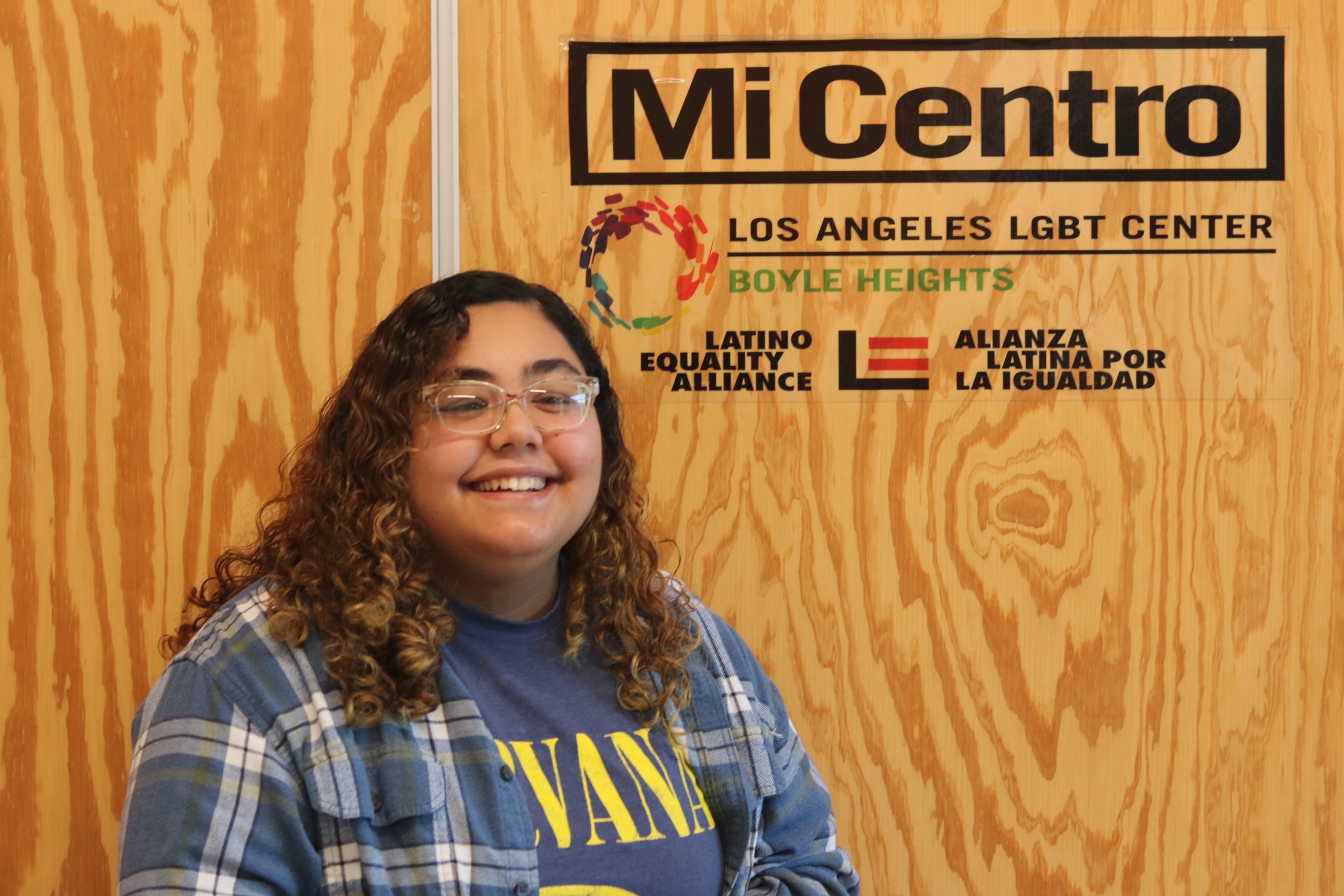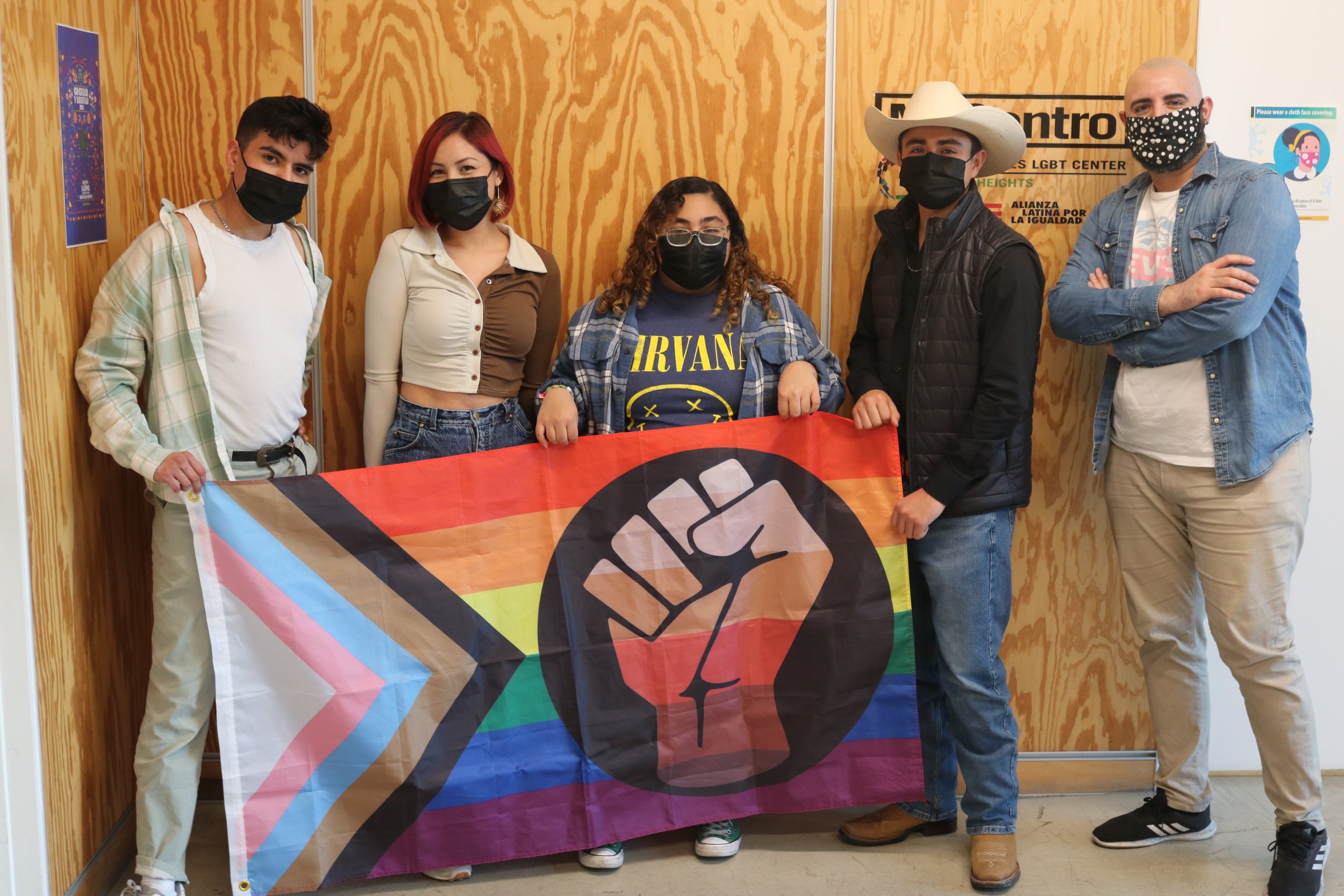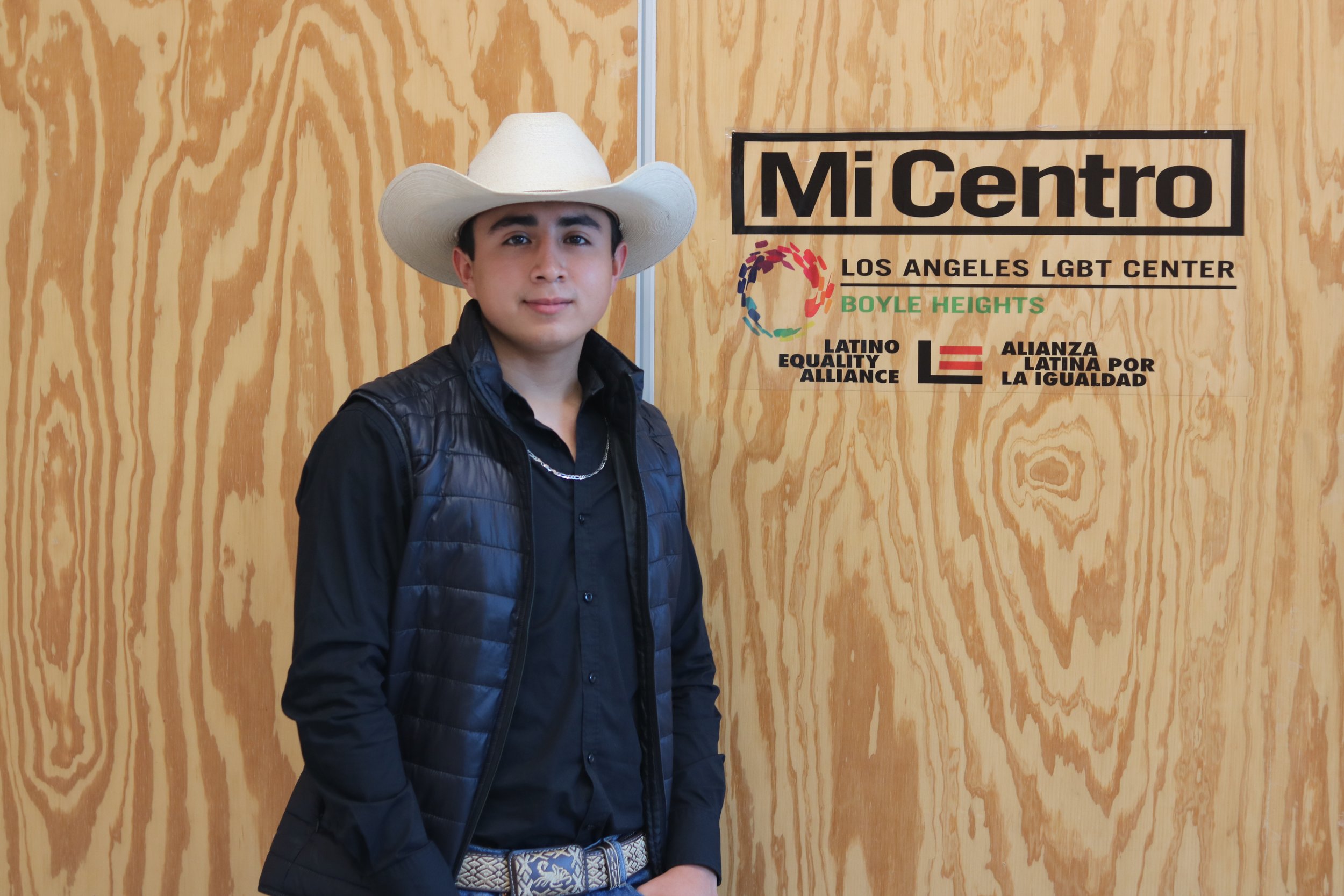Pandemic Woes Amplify LGBTQ+ Youth Challenges
Mental health struggles among youth have been on the rise for more than a decade. According to national surveys, in 2019 one in three high school students, and 50% of female students, reported feelings of sadness or hopelessness – a 40% increase from 10 years prior.
Add to that the pandemic.
Along with its high death tolls, stay-at-home orders, fluctuating safety guidelines and overall life-changing impacts, COVID-19 has amplified an already pressing issue and contributed to unprecedented challenges for today’s young people — especially those who identify as LGBTQ+.
Late last year the Surgeon General issued Protecting Youth Mental Health, an advisory illustrating how a public crisis in the United States may be more dire for those already facing additional challenges. According to the advisory, youth who may be more prone to mental health challenges include racial and ethnic minorities, LGBTQ+ youth and those living in immigrant households. Queer people of color or from immigrant families — those who fall in more than one or all of the groups — are at even greater risk.
For many LGBTQ+ youth, the coronavirus made the effort to find their identities and acceptance even more difficult. Without outside support or safe spaces, the pandemic contributed to even more isolation and despair.
“COVID’s like a nagging thing in the back of your head that you have to deal with, knowing it might never go away – that your life has changed forever and nothing will ever be exactly the same,” said Xitlali Mendoza, a 16-year-old junior at Felícitas and Gonzalo Méndez High School in Boyle Heights.
Mendoza said that due to the pandemic she missed out on her quinceñera and Sweet 16 birthdays, two things she grew up looking forward to. It also made her feel lonely.
Mi Centro, part of the Los Angeles LGBT center, offers youth a safe space in Boyle Heights. Xitlali Mendoza (left), a junior at Felicitas and Gonzalo Mendez High school, says COVID has changed her life forever. Joshua Modesto, 18, (right) said COVID was isolating and led to depression. Photo Credit: Jaqueline Ramirez
“I wasn’t really in the position to go out and interact with other supportive queer people,” she said.
Alvin Lopez, a health educator for Bienestar, a Los Angeles non-profit that works with queer Latino youth in Los Angeles, said a lot of young people have come to him crying, saying they feel alone because of the pandemic.
“It’s very easy to get depressed when you’re in a situation like the one we’re in now, especially when you’re trying to understand who you are while being isolated in a home where you might not feel supported, ” said Lopez.
According to The Trevor Project’s 2021 National Survey on LGBTQ Youth Mental Health, more than 80% of the 35,000 people surveyed stated that COVID-19 made their living situation more stressful, with 70% stating their mental health was “poor” during most of the pandemic. Forty-two percent reported seriously considering attempting suicide in the past year.
Eighteen-year-old Joshua Modesto, a student at Theodore Roosevelt High School in Boyle Heights, was living in Mexico when the pandemic started and encountered several obstacles. There weren’t resources to even get tested. And Modesto said his neighborhood was not very accepting. As a result, he had to hide who he was.
“Things really began to affect me when I was alone in my house and didn’t want to go out much because of COVID,” Modesto said. “I began thinking of all of [the] problems I had in the past when I was younger, and it depressed me a lot.”
Even before COVID, for many Latinos growing up LGBTQ+ can prove to be a difficult and isolating experience. One reason according to Lopez mental health treatment is often stigmatized and looked down upon in the Latino community. Another reason is the limited accessibility to counseling at many schools.
Los Angeles’ Latino Equality Alliance (LEA), the non-profit that operated the Mi Centro LGBTQ+ center in Boyle Heights, has been a safe space for queer and trans Latinos since 2015.
Mi Centro provided a meeting place for youth and adults, but the pandemic shut most public places down. LEA development coordinator Yesenia Mendoza said the novelty of online learning and programming quickly faded.
“Something that we didn’t realize is that a lot of queer youth really crave safe spaces that are physical, over virtual ones,” said Mendoza. “A lot of Latinx youth aren’t open at home, so they like going to physical spaces that are queer-friendly in order to feel safe and supported. There hasn’t been a lot of that since Covid.”
Seventeen-year-old Doris Coronel, a senior at Esteban Torres High School who identifies as gender non-binding and whose preferred pronouns are they/them, said they felt like they missed out on a lot of things and felt the constraints of not being able to meet with others.
“There’s not a lot of space you can go to get support without it being really draining,” they said. “There are some [places] to help you, but it doesn’t feel the same. It’s all behind a screen. When you are in-person, it makes the connection feel more real.”
Mendoza said she believes the added stress of COVID made it difficult for some youth, who are searching for their own personal identities, to get through most days.
“When it comes to your mental health, your identity is everything,” said Mendoza. “That’s who you are, that’s who you carry. If you don’t have a sense of confidence in your identity, it can be really easy to feel alone. It affects all aspects of your life, so not having a handle on it can really put your whole world in shambles.”
She hopes that once we get through the winter and the latest spike of cases, things will slowly return to normal and youth can once again find the in-person support they need.
Coronel said that after struggling during the first year of the pandemic, in 2021 they got more involved in their community, became president of their school’s pride club, and also joined an art and running club. While they said they spent most of their youth not knowing who they were or what they wanted to be, they now have it more figured out.
“The pandemic was really rough for a lot of people, but it helped me better understand my gender identity,” said Coronel. “There’s good and bad that comes with every situation in life.”




